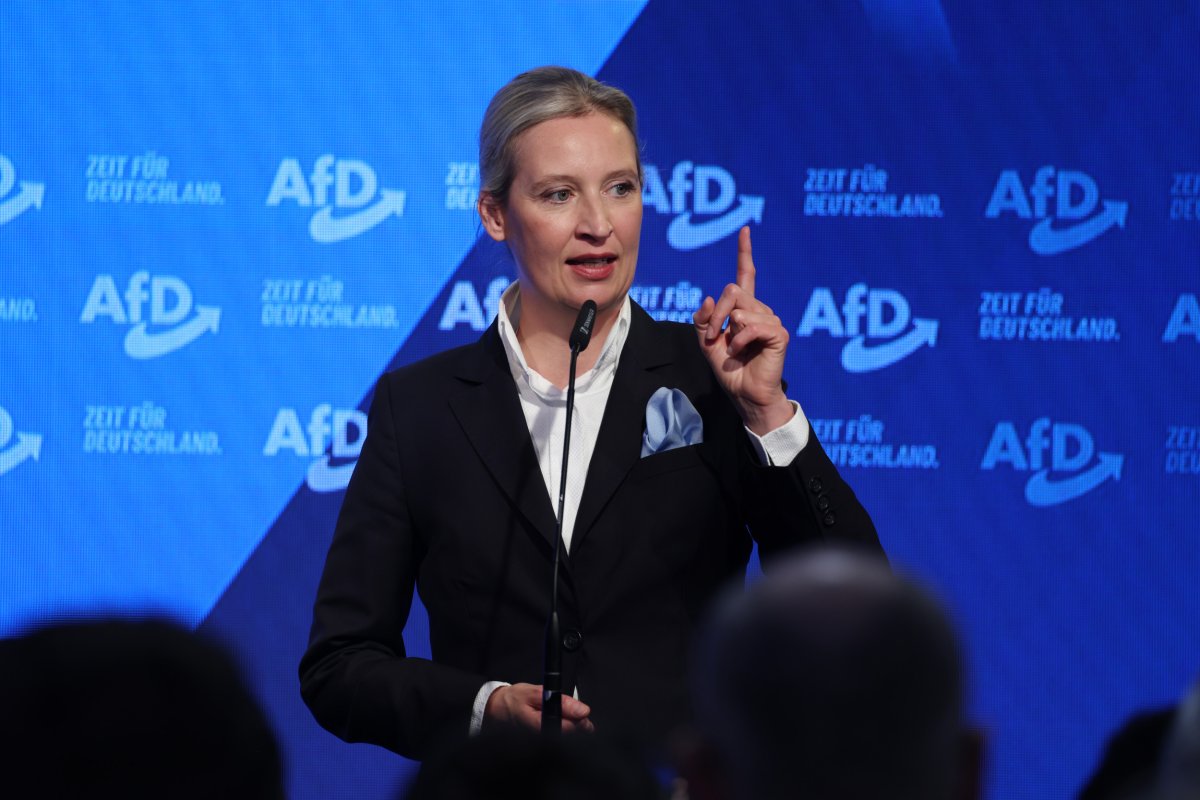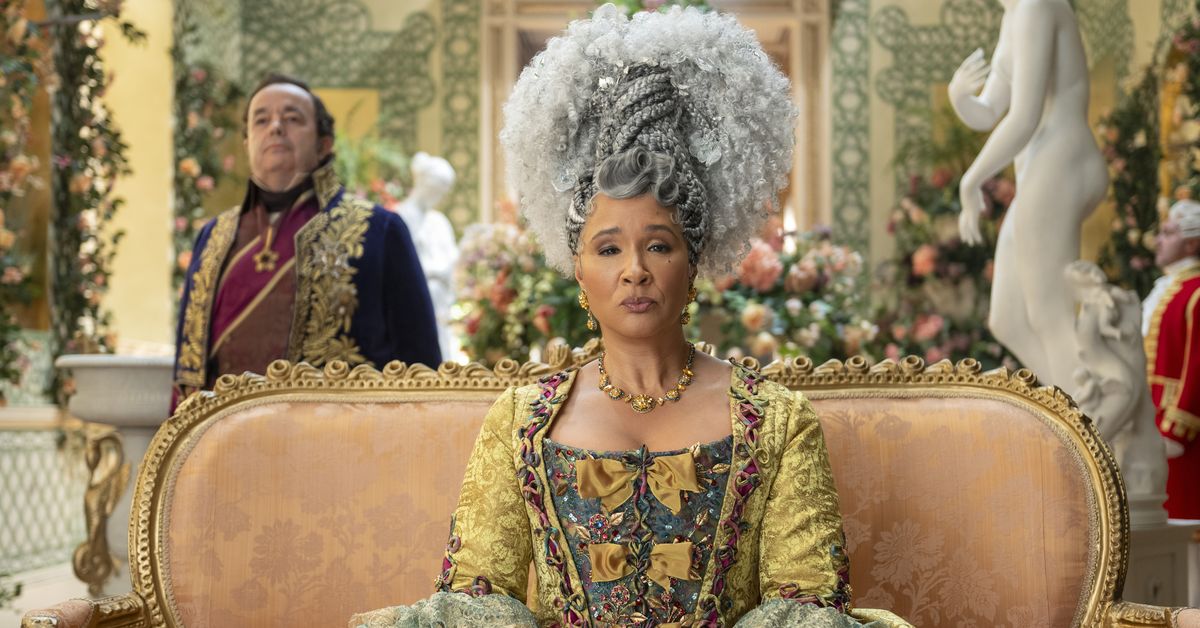Exit polls in Germany show that the country's conservative union of the Christian Democratic Union and Christian Social Union in Bavaria (CDU/CSU), with CDU leader Friedrich Merz poised to take over as the country's chancellor.
Merz will need to immediately form a government by coalition, as no party will have enough seats to reach the 50+1 threshold needed for single-party rule. Projections have CDU/CSU at 211 seats, with the far-right Alternative for Germany (AfD) in second with a projected 164 seats. However, it remains highly unlikely Merz will go to AfD to form a coalition.
What Is CDU?
CDU under political titan Angela Merkel helped establish Germany as a force in European politics, but the party's fortunes switched in 2017 after the rival center-left Social Democratic Party (SPD) led by Olaf Scholz took control.
Under Merkel, the CDU, a traditionally center-right party, leaned more into centrist positions and politics, much to the party's benefit. Merkel led CDU to a narrow victory in the 2005 federal elections, unseating SPD from power at that time. She grew the party's lead in subsequent elections but ultimately needed to create a coalition party to retain power in the 2013 election.
Ultimately, the migrant crisis in Europe in 2015 hit Germany especially hard, causing significant divisions in public and among political parties. CSU's then-Interior Minister Horst Seehofer challenged Merkel over her handling of the crisis.
Initially, Annegret Kramp-Karrenbauer led the party but resigned after losses in the European Parliamentary elections, replaced by Armin Laschet led the party after Merkel stepped down to preserve the coalition, but he ultimately was unable to prevent SPD from winning the 2021 federal election.

Who Is Friedrich Merz?
Merz had run twice to take control of the party, losing to Kramp-Karrenbaur and Laschet both because he had a reputation as a more right-wing politician.
He first joined the CDU while still in school. Born in the west German town of Brilon in 1955, he went on to serve in the military before studying law and marrying his fellow student Charlotte Gass in 1981, according to the BBC.
Merz worked as a lawyer for a few years but sought office at the age of 33 and was elected to European Parliament in 1989. He made the switch from European to German politics in 1994, quickly rising through the ranks as a talent among a traditionalist faction.
He then launched three bids for party leadership, finally winning control of the party in 2022.
What Does CDU's Victory Mean for Germany?
CDU and Merz managed to unseat SPD, but the party failed to gain enough seats for an outright majority.
According to Peter Doran, an adjunct senior fellow at the Foundation for Defense of Democracies (FDD) and former president for the Center for European Policy Analysis, there will be a return to the "Grand Coalition" with SPD.
"Merz has been very firm in maintaining the so called firewall that would prevent any coalition agreement with AfD, and at the basic level, any coalition with AFD would rip the CDU/CSU apart," Doran told Newsweek. "The party would not survive in its current state if it pursued a coalition arrangement with AFD at this point."
Doran later said: "[Merz] appears inclined to take the easiest option, and that is a so-called 'Grand Coalition,' once more with the SPD. However, this coalition, unlike past grand coalitions, will have none of the splendor or dynamism: In fact, we might best consider it a grim coalition, more with the energy of a funeral that everyone has to go to but no one wants to be there."
However, SPD and CDU/CSU would not be able to achieve a majority on their own, meaning they will need to find a third party to complete the coalition. The most likely option, at this point, would be the Greens party, forming what Doran called the "Black/Red/Green Coalition," in reference to the color associated with each party.
The efficacy of that coalition remains unclear for two reasons: First, that Scholz is likely out as leader of SPD, having given his "swan song" speech, as Doran called it, meaning the party will need to pick a new leader and direction; Second, that Merz has argued to take the party further to the right in an effort to pick up disaffected voters who switched to AfD.
"He's identified immigration and the economy as the two main drivers of voter dissatisfaction with the previous governments, plural, and he's positioned his party to answer those frustrations," Doran said.
One policy that is likely to cause waves is Merz's desire to increase Germany and Europe's independence from the U.S.
"I am communicating closely with a lot of prime ministers, and heads of E.U. states, and for me it is an absolute priority to strengthen Europe as quickly as possible, so that we achieve independence from the US, step by step," Merz said after polls closed on Sunday, according to German outlet DW.
Merz added: "I never thought that I would ever need to say something like that, on television, but after the latest statements made by Donald Trump last week, it is clear, that the Americans—at any case these Americans, this administration—mostly don't care about the fate of Europe one way or another."
He also criticized Elon Musk and Vice President JD Vance for "intervention" in the election, saying it was "no less drastic, dramatic, and ultimately no less brazen than the intervention we have seen from Moscow."

Who Is Alice Weidel?
One of the great challenges Merz will face as the new German chancellor is that AfD, the party he will likely pass over for his coalition, will remain the second-biggest party in the Budestag and therefore the main opposition party, giving them a chance to further normalize their position in the government.
"The disparagement strategy was employed against AfD, trying to frame them as far-right, fascist, etc," Doran said. "Obviously, one-fifth of the German population didn't buy it: They rejected the disparagement strategy, because ... AfD was talking to them about the things that matter to German voters – immigration, the economy and having too much government in their lives."
AfD's leader, Alice Weidel, is a 46-year-old who got her doctorate in economics. She is fluent in English and Mandarin and worked for Goldman Sachs and Allianz Global Investors, and a freelance business consultant before pivoting to politics, according to Reuters.
AfD is 12 years old and has rapidly ascended in prominence, impacting politics and CDU, specifically. The party's coalition partner CSU opposed Merkel on migrants due to AfD making gains in the Bavaria elections in 2015, and Kramp-Karrenbaur faced a leadership crisis when it emerged that a contingent of CDU was in talks with AfD in 2020.




















 English (US) ·
English (US) ·